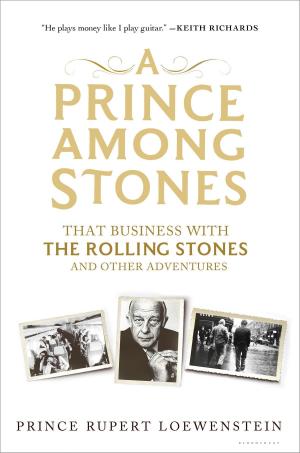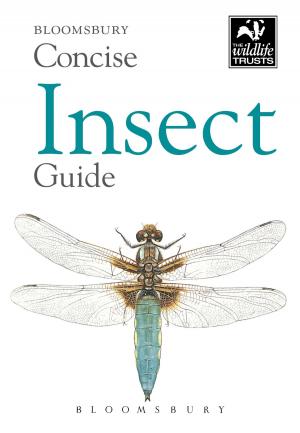| Author: | H.E. Bates | ISBN: | 9781448215249 |
| Publisher: | Bloomsbury Publishing | Publication: | July 5, 2016 |
| Imprint: | Bloomsbury Reader | Language: | English |
| Author: | H.E. Bates |
| ISBN: | 9781448215249 |
| Publisher: | Bloomsbury Publishing |
| Publication: | July 5, 2016 |
| Imprint: | Bloomsbury Reader |
| Language: | English |
First published in 1961, Now Sleeps the Crimson Petal and Other Stories is a collection full of light and shade, setting sensitive character studies against Bates's signature vibrant, delicate imagery. A fussy and obsessive golfer encounters a troubled young woman at a wind-swept beach in 'Lost Ball', a retired Colonel, isolated and suffering from dementia, suddenly rejects the friendship of his charming neighbour when she acquires a television in 'Where the Cloud Breaks'.
The title story, 'Now Sleeps the Crimson Petal,' takes its name from a Tennyson poem and is a picture of social change in post-war rural England. It draws a portrait of a sheltered and uncultured butcher's wife exposed to a new tenant in the countryside – a flamboyant homosexual who delights in throwing large parties.
Of the collection as a whole, the Times Literary Supplement says the stories 'all confirm Mr Bates's position in the first rank of contemporary short-story writers.'
Also included in this collection is bonus story 'The Grace Note', first published in the Fortnightly in 1936. It is a humorous tale of the Chipperfields, a family of brass players devoted to music, but whose jealousy and stubbornness dashes their dreams of a Chipperfield band and tears the family apart.
First published in 1961, Now Sleeps the Crimson Petal and Other Stories is a collection full of light and shade, setting sensitive character studies against Bates's signature vibrant, delicate imagery. A fussy and obsessive golfer encounters a troubled young woman at a wind-swept beach in 'Lost Ball', a retired Colonel, isolated and suffering from dementia, suddenly rejects the friendship of his charming neighbour when she acquires a television in 'Where the Cloud Breaks'.
The title story, 'Now Sleeps the Crimson Petal,' takes its name from a Tennyson poem and is a picture of social change in post-war rural England. It draws a portrait of a sheltered and uncultured butcher's wife exposed to a new tenant in the countryside – a flamboyant homosexual who delights in throwing large parties.
Of the collection as a whole, the Times Literary Supplement says the stories 'all confirm Mr Bates's position in the first rank of contemporary short-story writers.'
Also included in this collection is bonus story 'The Grace Note', first published in the Fortnightly in 1936. It is a humorous tale of the Chipperfields, a family of brass players devoted to music, but whose jealousy and stubbornness dashes their dreams of a Chipperfield band and tears the family apart.















